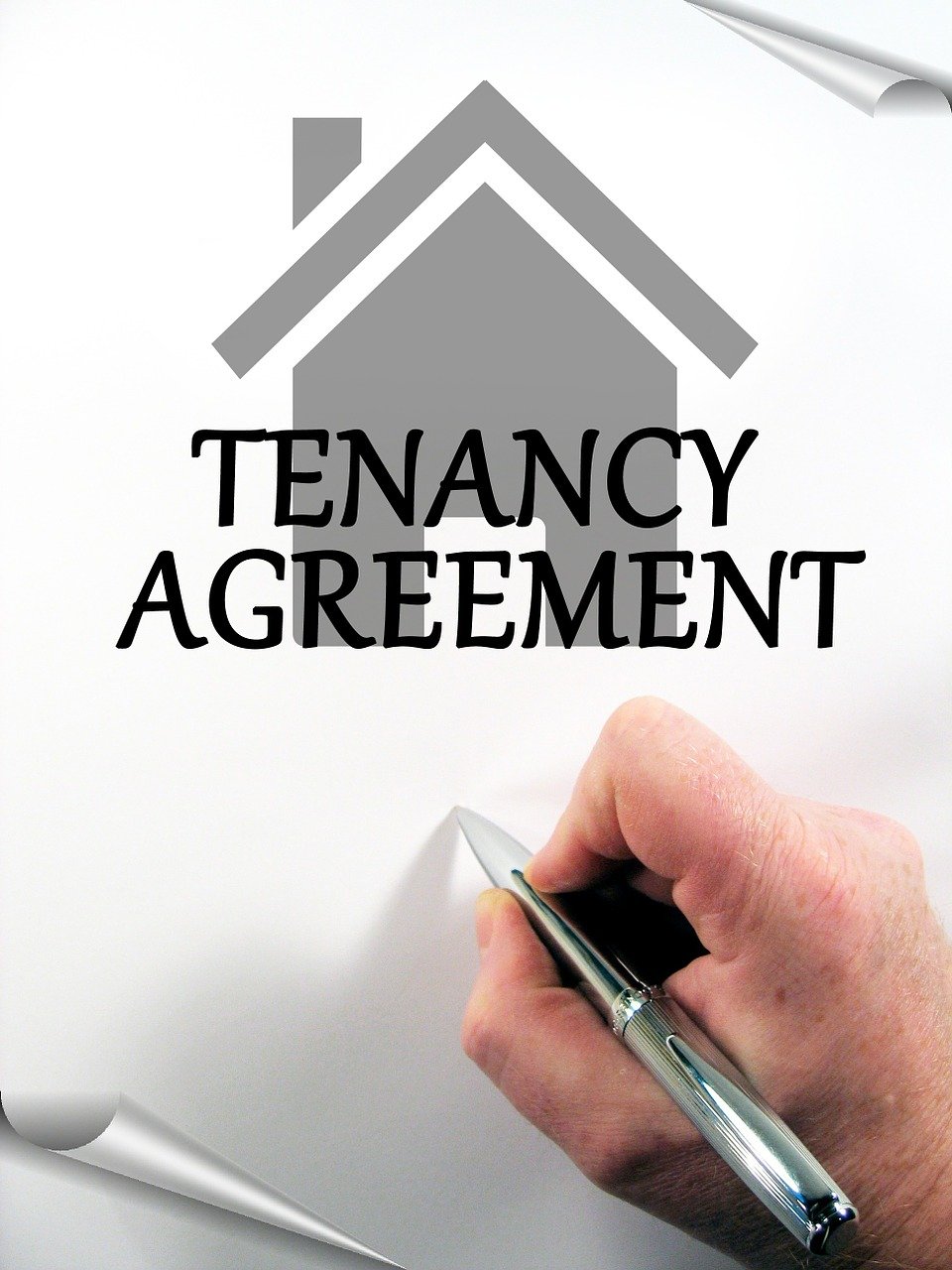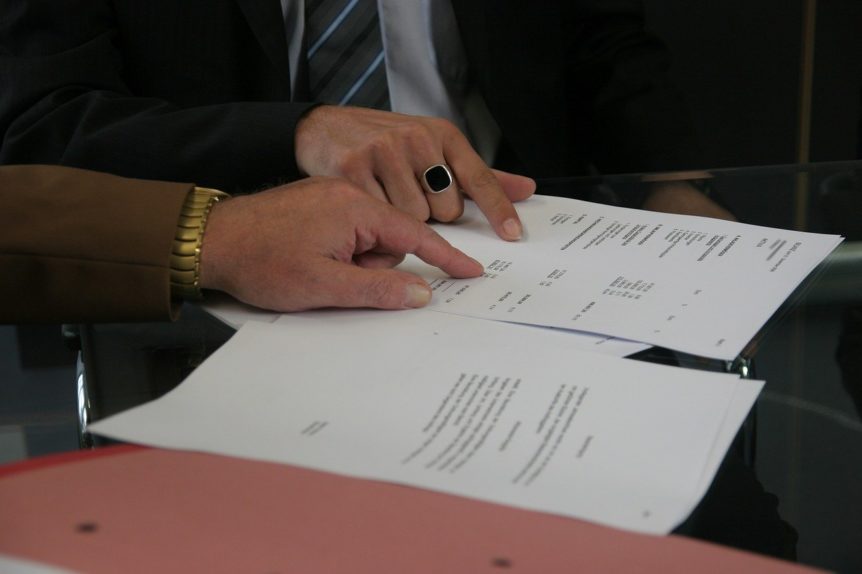Contracts exist to protect the rights of all parties involved. That’s precisely what a lease is – a contractually binding agreement between landlords and tenants that exists to protect both parties’ rights.
However, there are several reasons you may have for wanting to break a lease. Maybe you got a new job out of town, and you need to relocate. Maybe you’re tired of the constant issues you have with your roommate. Maybe you have problems with the landlord or the rental property.
Either way, regardless of how valid your reasons are, the all-important question you need to ask is – What happens if I break my lease? Here’s everything you need to know before you do.
Potential Consequences of Breaking a Tenant Lease Agreement
The one thing you need to keep in mind is that breaking any legally binding contract has its fair share of inherent risks. Best-case scenario: The landlord may ask you to stay until they can find a new tenant.
However, depending on the lease terms in question, the potential risks of breaking a lease are generally financial. But, sometimes, they could also extend into legal action, which could affect your future as a tenant.
These are the potential consequences you need to be wary of.

You May Have to Part With Some Hefty Fees
The essence of signing a lease is that you agree to pay a set fee in rent in exchange for occupancy for a specific duration. Landlords are usually in no hurry to give up these financial provisions of the contract. Which is why breaking a lease usually has a fine attached to it. This may be the equivalent of one or two months’ rent.
In other instances, you may have to cover the rent that would have otherwise been due for the remainder of your lease. Whether or not you’re living in the apartment is irrelevant.
If you had paid a security deposit, you might also have to give that up. The best way to understand the true financial implications of breaking your lease would be to examine the terms spelled out in the contract and see if it indicates any early release fines.
The Landlord Could Sue You
Then there’s the case of the litigious landlord. While breaking a lease will rarely get you in court, especially if you’ve been a stand-up tenant, it is still a potential risk you need to contend with.
But, as long as you abide by the terms set out in the contract, like paying the required fees or staying on as a tenant for the remaining duration set out in the agreement, you should be fine.
Just don’t move out without giving your landlord a tenant lease termination letter providing information on why you want to break your lease early. You shouldn’t also cease paying rent. Doing so will likely land you in legal hot water.
What Happens if You Don’t Pay Rent?
Aside from the possibility of a lawsuit, failing to pay rent could get you evicted from the property. Now, you’re probably thinking, “That doesn’t sound so bad. At least it gets me out of my lease.” Well, it’s not that straightforward. So, what happens if you get evicted?
Although an eviction will not be included in your credit report, the debts and collection accounts leading up to it will. That will certainly have a bearing on your overall credit score.
You also need to keep in mind that eviction judgments are a matter of public record. So, although these won’t appear on your credit report, future landlords only have to search through court records to find them when they run a background check on you.
This could affect how easily you qualify for a new rental, and when you do qualify, you may have to part with a larger security deposit or pay several months’ worth of rent upfront.

Tenants Rights When Breaking a Lease
Lease agreements exist to not only protect the landlord rights but that of the tenant as well. Certain circumstances legally allow the tenant to break a lease before its full term without facing any legal ramifications for doing so. These include:
- If the tenant has been a victim of domestic violence within the past three to six months
- If the tenant is in the military and they have to change their station
- The contract itself was not legal. For instance, the building wasn’t up to code, or the landlord had no right to rent out the property in question
- The landlord is in breach of the terms of the contract
- The rental unit hasn’t been maintained in a habitable manner
It’s important to familiarize yourself with the existing landlord tenant rights in your jurisdiction to see whether any specific circumstances allow you to break your lease without the risk of facing any legal or financial consequences.
What Happens When a Lease Comes to an End?
If you’re a landlord, aside from being worried about your tenant breaking their lease too early, there’s also the possibility of them extending their stay in the rental once the lease duration has come to an end. So, how long can a tenant stay after the lease expires?
The truth is – they can stay for as long as you allow them to. Such an arrangement is known as a holdover tenancy. However, this could also present a host of issues.
For instance:
- The tenant may move out at a time when it’s difficult for you to find another tenant
- Any scheduled maintenance activities may also have to be postponed
- The laws governing holdover tenancies are often different from those with lease agreements in place
Protect Your Rights
Now that you know what happens if you break a lease, the most important thing you need to be aware of are your rights. If you feel that your landlord has unfairly treated you, or they won’t let you break your lease, talk to a tenant rights lawyer to explore all your options for the best outcome.
If you have any legal queries, chat online with a Laws101.com attorney today.
